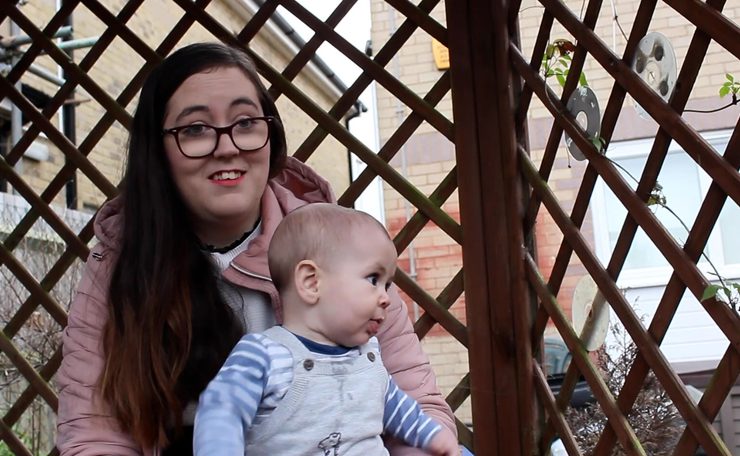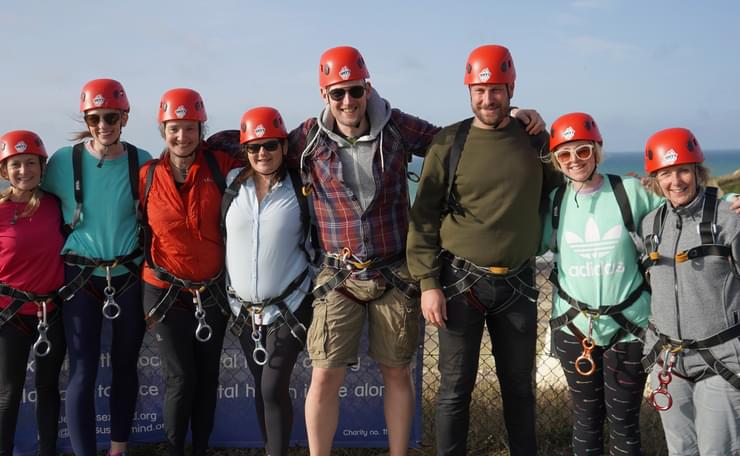Being active is one of the 'five ways to well-being', an evidence-based framework for good mental and physical health. Developed by the New Economics Foundation, the approach emphasises regular physical activity, which is associated with lower levels of depression and anxiety across all age groups.
The benefits of exercise on our physical health have been established for a long time. However, it is only more recently that the benefits of exercise on our mental health have been more understood and appreciated. There is a substantial and growing body of evidence to show a link between physical activity and reduced depression, and some studies have shown that exercise can be as effective as medication or psychotherapy in 'treating' depression.
The new year is often a time when people think about getting more active and taking up a new sport or hobby. Doing exercise can seem daunting, particularly if you are starting from scratch. But you can begin with small things and ease yourself gradually into getting more active. Here are some tips and ideas to help you:
- Try a short, casual walk, gradually increasing the time and distance you walk each time. Mix up where you go walking – to maintain your interest and motivation
- Think about keeping an exercise journal or schedule to keep yourself motivated. Being able to see your progress over time is a great mood and confidence booster
- Simple changes can make a big difference and try different things to build exercise into your day. For example, take the stairs rather than the lift or get off the bus one stop early and walk the rest of the way to work. Take a walk at lunchtime with a colleague to get a break from your desk or even think about cycling to work a few times a week
- Try walking, power walking, light jogging or swimming at your local pool if you are looking to exercise in a casual and relaxed way
- For the less physically able or disabled, consider low-intensity activities, such as walking and regular stretches. However, if you are disabled and looking for high-intensity exercise, you could consider joining a disabled-friendly gym or team sport. Many sports have a disabled-friendly and accessible variant, for example, basketball
- If you are looking for higher intensity, more vigorous exercise, think about running, swimming, hill walking or even a team sport like football, rugby or hockey
- Another great way to get active is to sign up to a challenge event. Signing up for a running, cycling or other event is a great way to motivate yourself and have fun. You could even fundraise for a charity.
- Understandably, life can get busy and it may not always be possible to find time to dedicate to exercise. But there are always smaller things you can do to be more active in your everyday life and you are likely to see the benefits both physically and mentally.
Finally, remember to take care when trying new activities or sports. Don’t try to do too much too soon and be kind to yourself. Celebrate those small successes.

